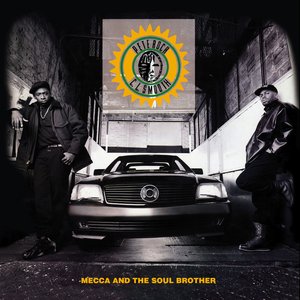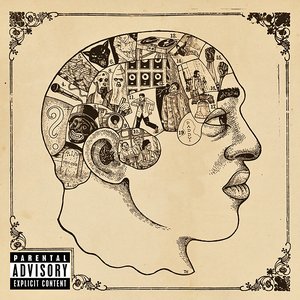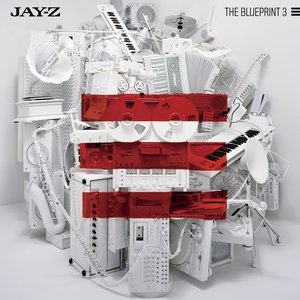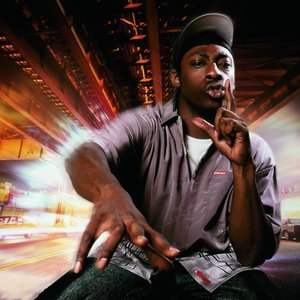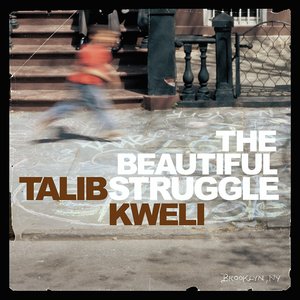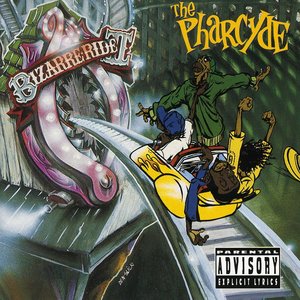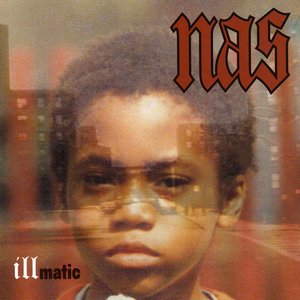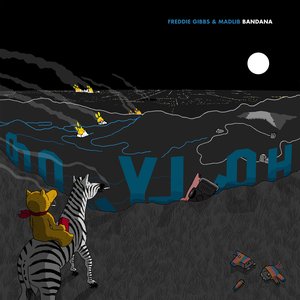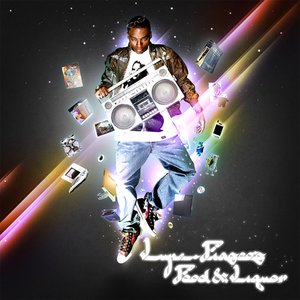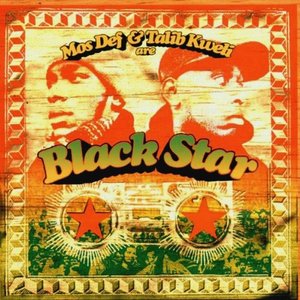Wiki
-
Release Date
3 October 1994
-
Length
15 tracks
Resurrection is the second album by American rapper Common (then known as Common Sense). Released in 1994, the album received critical acclaim, but not a significant amount of mainstream attention. Resurrection was entirely produced by No I.D. (who also produced the bulk of Can I Borrow A Dollar?), and Ynot. The record was originally rated 3.5 mics in The Source in 1994. In 1998, the album was selected as one of The Source's 100 Best Rap Albums . The album is divided into two sections; the "East Side of Stony" (tracks 1-7) and "West Side of Stony" (tracks 8-15). Stony Island Avenue is a street that runs through the South Side of Chicago, where Common was raised. The closing track, "Pop's Rap" was the first of a series of tracks featuring spoken word and poetry by Common's father, Lonnie "Pops" Lynn, which Common has used to close several of his albums since. Interlaced throughout the album are short interludes which form a loose narrative concerning day-to-day life on the South Sideof Chicago, where Common was raised. The closing track, "Pop's Rap" was the first of a series of tracks featuring spoken word and poetry by Common's father, Lonnie "Pops" Lynn, which Common has used to close several of his albums since. Interlaced throughout the album are short interludes which form a loose narrative concerning day-to-day life on the South Side.
Songs such as "Thisisme", are full of self-assessing raps that reflect the rapper's personal growth since 1992's Can I Borrow A Dollar?. Likewise the crasser moments found on that LP, such as a the misogynistic "Heidi Hoe" are greatly toned down for Resurrection, and replaced by thought-provoking narratives such as "Chapter 13 (Rich Man Vs. Poor Man)", and "I Used to Love H.E.R." - a song that re-imagines Hip hop as a formerly unadulterated woman, led astray after being enticed by materialistic elements of life. The use of a conflicted woman as an allegory for Hip hop allowed Common to covertly express his disdain at the genre's turn towards gangsta rap inspired content, and what he saw as the resulting reorientation of rap artists.
This song, which brought Common to the attention of fans and music critics alike, would also become the cause of a rift between the rapper and West Coast emcee Ice Cube, who took exception to the insinuation that the West Coast pioneered style of gangsta rap was detrimental to Hip hop - even going as far as to claim that Hip hop altogether "started in the West". Together with his Westside Connection compatriots, Cube hurled insults Common's way on the song "Westside Slaughterhouse" and throughout their album Bow Down, to which the rapper replied with the equally venomous "The Bitch in Yoo". In the aftermath of the murders of both Tupac Shakur and the Notorious B.I.G., the rivalry would be settled out of public view at a peacemaking function held by Louis Farrakhan at his home.
The album is broken down track-by-track by Common in Brian Coleman's book Check the Technique.
Album descriptions on Last.fm are editable by everyone. Feel free to contribute!
All user-contributed text on this page is available under the Creative Commons Attribution-ShareAlike License; additional terms may apply.

